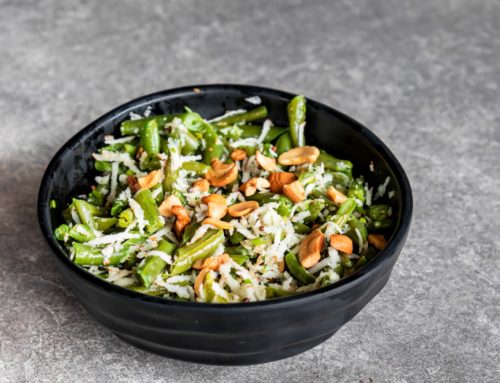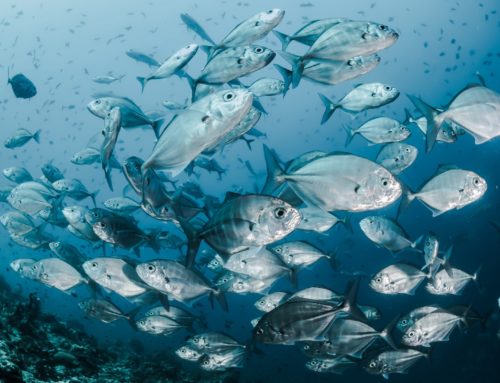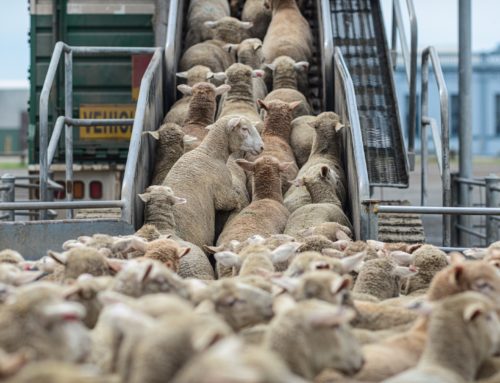We kill approximately 150 billion land animals for food per year. If we were to apply this number to our current human population, we would go extinct in 17 days. If we were to apply this to the UK population, it would be a matter of hours.
This is one of those extra tricky subjects to discuss. Firstly, because it’s not up to me to decide for you what constitutes ethical behaviour. Secondly, because an honest discussion about this topic is not a particularly pleasant thing. You did, however, click your way this far, so I’m going to assume you’re up for the challenge.
Now, correct me if I’m wrong, but I think it’s fair to presume that the majority of individuals reading this (that’s you!) would consider themselves to be a lover of animals. I don’t know if many of you grew up with pets, or if you have them now, but I can imagine that for those that do, you would consider them to have their own personality, and their own understanding of the world.
Each year in China, the Yulin Dog Meat Festival is held during the summer months, where approximately 15,000 dogs are killed for food. Worldwide, this festival is criticized for being barbaric, unnecessary and outdated. For the most part, anyone not participating in the event tends to agree. It would seem to me, that the idea of having your beloved dog or cat diced up into a meat stew would be enough to turn your stomach. So why do we love one animal and eat the other? What makes one slaughter barbaric and the other standard practice? I have personally watched both footage from Yulin Dog Meat Festival, as well as slaughterhouse footage of cows, chickens, pigs, turkeys, lamb, veal, horse, etc., and I can assure you that the two do not look much different.
Consider the fact that filming inside of a slaughterhouse is illegal in most countries, yet we are marketed, and sold, billions of animal products each year alongside the empty promise of them being “free-range” and “humanely killed.” If we’re really paying for “Happy Eggs,” and “Fair Life Farms,” then why is there no stolen footage to be found of compassionate slaughter?
Well, let’s think. How would you propose an animal, one who is capable of smelling fear and feeling pain in a similar — if not identical — capacity to us, be killed humanely?
It’s not intended as a trick question, I promise. I was about 8 years old at the time we euthanized my pet dog, Bailey, who was dying of cancer, at the time. She was surrounded by her favourite toys and treats and people. We all cried as she wagged her tail in a final bid goodbye. I, personally, would consider that to be a humane death.
Slaughterhouse footage, however, and the “processing” of a ham sandwich, or perhaps a leg of lamb, strikes a much different chord in my heart. The animals are frantic, their eyes wide open searching for any means of escape — a disturbed struggle in an attempt to cling to their life. Most animals have a much better sense of smell than us humans, (chickens, for example develop their senses of smell before they have even left their shell) and it does not take a lot to imagine that they can smell the death in the air, and greatly fear what is coming next. There are plenty of news stories of pigs and cows escaping from trucks and lorries on their way to slaughter, and we smile at the idea of an animal fighting for its freedom. We forget that we are the ones they are escaping from.
The concept is not abstract, it is mathematical. The more we eat, the more we buy, the more that have to die. Dozens of recent studies have demonstrated that fish are capable of consciously experiencing pain at the same level as terrestrial vertebrates and should therefore be given the same consideration.¹²³ That’s not abstract, that’s science, but not many people are willing to extend their concern to fish. How might we view their suffering if they could scream? Or if they had fur? Or if they were more beautiful?
I believe that when animal suffering happens right in front of us, we all experience distress and can agree that it is wrong. We would not hesitate to stop someone contributing to animal abuse in public. Even before I stopped eating meat, I would have been the the first person to stick up for a neglected dog, an injured baby bird, or a lost tortoise. Somehow it still took me 16 years to make the connection.
The issue with eating animals, (okay, and maybe there’s more than one) is that we are so very disconnected from the suffering that is behind it. The convenience of modernity, and the implementation of global factory farming means that we just rock up to the grocery store and choose our pre-packaged cuts of meat, and cartons of milk. It is all too easy to forget the burden of responsibility that we have to protect innocent animals from unnecessary harm when we are hungry and habituated to our current diets.
I believe it is simply a case of asking ourselves whether or not we view taste as being more important than life. There was, indeed, a point in time when humans depended on the consumption of meat and animal products for survival, but presently it is becoming more and more clear that eating animals in 2020 is harming not only our bodies, but also our planet. How can we ignore the ethical ramifications of choosing not to change?
“Hypocritical or over-critical?” Well, you’ll have to answer that for yourself.
[1] Braithwaite, V. A., & Ebbesson, L. O. E. (2014). Pain and stress responses in farmed fish. Rev Sci Tech, 33(1), 245–253.
[2] Brown, C. (2016). Comparative evolutionary approach to pain perception in fishes. Animal Sentience: An Interdisciplinary Journal on Animal Feeling, 1(3), 5.
[3] Sneddon, L. U., & Leach, M. C. (2016). Anthropomorphic denial of fish pain. Animal Sentience: An Interdisciplinary Journal on Animal Feeling, 1(3), 28.





